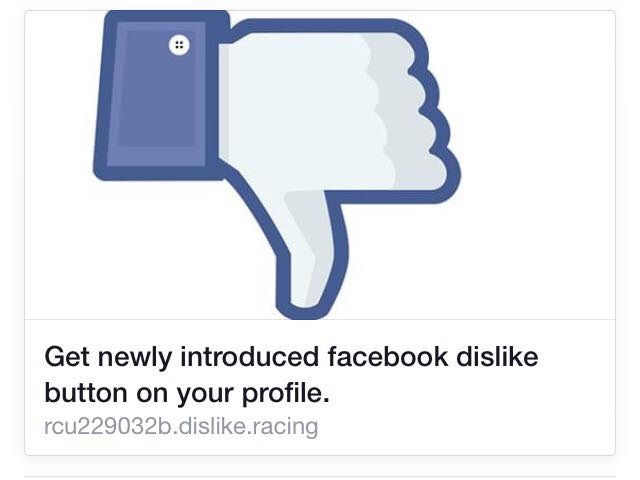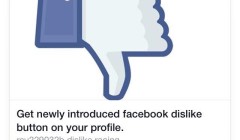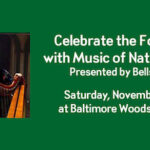Facebook, Facebook. What to do about Facebook?
Personally, I’ve learned to “use with caution.” Certainly young people have left it behind, in droves. This started a long time ago, as kids realized that their parents were “friending” them, and then keeping track of all they were doing.
 I recently had a very odd and not a little unsettling experience: a photo of me at the beach – quite discreet, I might add – was commented on by someone who had not seen it when it first appeared a couple of years back. Suddenly, I was getting all sorts of response to it. It seems Facebook “likes” women in bathing suits. Embarrassing, but not more than that.
I recently had a very odd and not a little unsettling experience: a photo of me at the beach – quite discreet, I might add – was commented on by someone who had not seen it when it first appeared a couple of years back. Suddenly, I was getting all sorts of response to it. It seems Facebook “likes” women in bathing suits. Embarrassing, but not more than that.
Here’s the creepy part: several “Friend” requests popped up from fake men. I know they were fake because one, who posted photos of a yacht, a huge mansion, himself dining at exotic restaurants and who claimed to be the Director of the WHO, had almost no posts and had no friends but women with large amounts of cleavage and duck lips to recommend them.
So evidently, part of Facebook’s algorithm allows trollers to search for people based on the type of photo they’ve posted. Warning: don’t go to the beach and have someone take a picture of you, however innocent that may be!
This brings me to another point to be made about Facebook: its algorithms. I wrote quite a while back that what you see on Facebook is only a slice of the whole – and Facebook has the lion’s share of deciding what slice you get. Yes, you can influence this by reacting to what you see – or not. You can block people, or set your privacy to exclude eavesdropping – not too long ago, someone tagged me in a post, asking me to react to a difficult subject. Someone else chimed in, having seen the post as a result of my being tagged, and having set my privacy to allow friends to see tags. Sounds confusing? Yes, it is! But in fact, Facebook chooses which things that friends post you get to see in your news feed. You can certainly go to a friend’s page and see what they’re up to, but you won’t necessarily get to share in everything they’re saying or doing automatically, even if you mark them a “close” friend.
Facebook has recently announced that it may be adding a “dislike” button to your options. People have whined for a while now that when someone puts up a sad or anger-generating or controversial message, they’d like to be able to “Dislike” it to chime in, rather than having to “Like” something they don’t. It makes sense, but the choice of “Like” was probably not the perfect idea to begin with. An “interesting” button? Or perhaps, “That Got My Attention?” At any rate, we are warned (This is from Socialmedia.com):
“Mere days after Facebook co-founder and CEO Mark Zuckerberg confirmed that Facebook will test a dislike button (more likely an empathy button), scammers have already pounced.
HackRead shared the screenshots above and below, in which the dislike button is pitched as an “invite-only feature,” but accepting the invites brings nothing but trouble for Facebook users, as Farzan Hussain wrote:
Once the links are successfully spread on your Facebook, the scam campaign will then ask you to fill out the intrusive surveys in an attempt to gather your personal information, as well as asking for your account credentials. All of those would then be used to spam you and your contacts via email. Some links may also install malware on your computer or spread the malware through your social media accounts. However, we aren’t sure if anyone has been infected with malware through the dislike button scam.
Security expert Graham Cluley also chimed in on the issue:
In some cases, they will even lead you to pricey premium-rate mobile phone subscriptions or online surveys that generate the scammers income, or trick you into downloading malicious code onto your PC. In other cases, scams like this have been used in the past to gain access to your Facebook profile and post messages under your name, helping the scammers spam out messages to others. Don’t be duped. If you’re a Facebook crack addict, then try to resist the urge of falling for the latest scam and wait for Facebook to properly roll out new features as and when it chooses. Don’t worry: When it happens (whatever *it* might be), I’m sure there will be plenty of members of the media writing about it.”
So, wait, fellow Facebookers, before you sign up. If and when it’s real, you will eventually know.
And most importantly, it will be feeding the Facebook engine of Big Data. Because, in the final analysis, that’s what it’s all about. This massive, self-declared, often un-edited revelation of self: interests, demographics, trends, purchases, life choices – it’s all there to be mined for God-knows-what ultimate purposes.
Which brings me to my two concluding observations: Facebook makes me (often) negative; and Facebook wastes my time.
When I launch my browser each morning (I work on my computer, so naturally, that’s how I start my day), it’s set to bring up the windows I use each day: email, Drive, Calendar, and, up until recently, Facebook.
Recently, I found I too often headed down the Facebook slide into Hell. What’s that? That ride into checking your news feed; having to comment on a friend’s funny or interesting or even poignant post; then finding that political “meme” that made you want to scratch your eyes out: you know the ones, often featuring Sam Elliott with that knowing smirk (and utterly disrespecting the actor’s actual opinions) and calling one side of a political or social Civil War “a special kind of stupid.” And typically, if you bothered to look into it, having over-, under-, or utterly mis-stated the facts. Of course, in this world of complexity a “fact” is just a bit of evidence that may or may not lead to anything. It’s sort of like, “there are 90 billion trees in the world.” Ok, but depending on how you want to play that, it can be a good thing, a bad thing, or nothing at all. So, “Oh, my God! There are only 90 billion trees left! The sky is falling! (Insert name) did it!” Or, “Isn’t it wonderful that there are now 90 billion trees worldwide? Thank you, (insert name) for your wisdom and generosity!”
And then, as the joke goes, the fight begins.
All over the world, keyboards are clicking, “enter” buttons are being pushed more and more vehemently, time is being squandered, and nothing – absolutely nothing – is being achieved.
So, I now launch my browser without Facebook. I’ve set my Gmail to “tabs,” so that social notices go into that bin, to be viewed or not viewed, when time permits. There have been actual studies into whether social media can affect your mood. It can, without a doubt.
Yes, social media can be a great way to keep track of friends’ activities, successes, and fun. It can be a useful tool for learning where and when interesting and fun events are taking place, or new products or services are available and what people thing about them.
My lesson from this observation: amp up the positive use of social media. Follow things and people that improve your mood and provide you with useful and uplifting information. Don’t worry, the news will give you all the negative you need!











